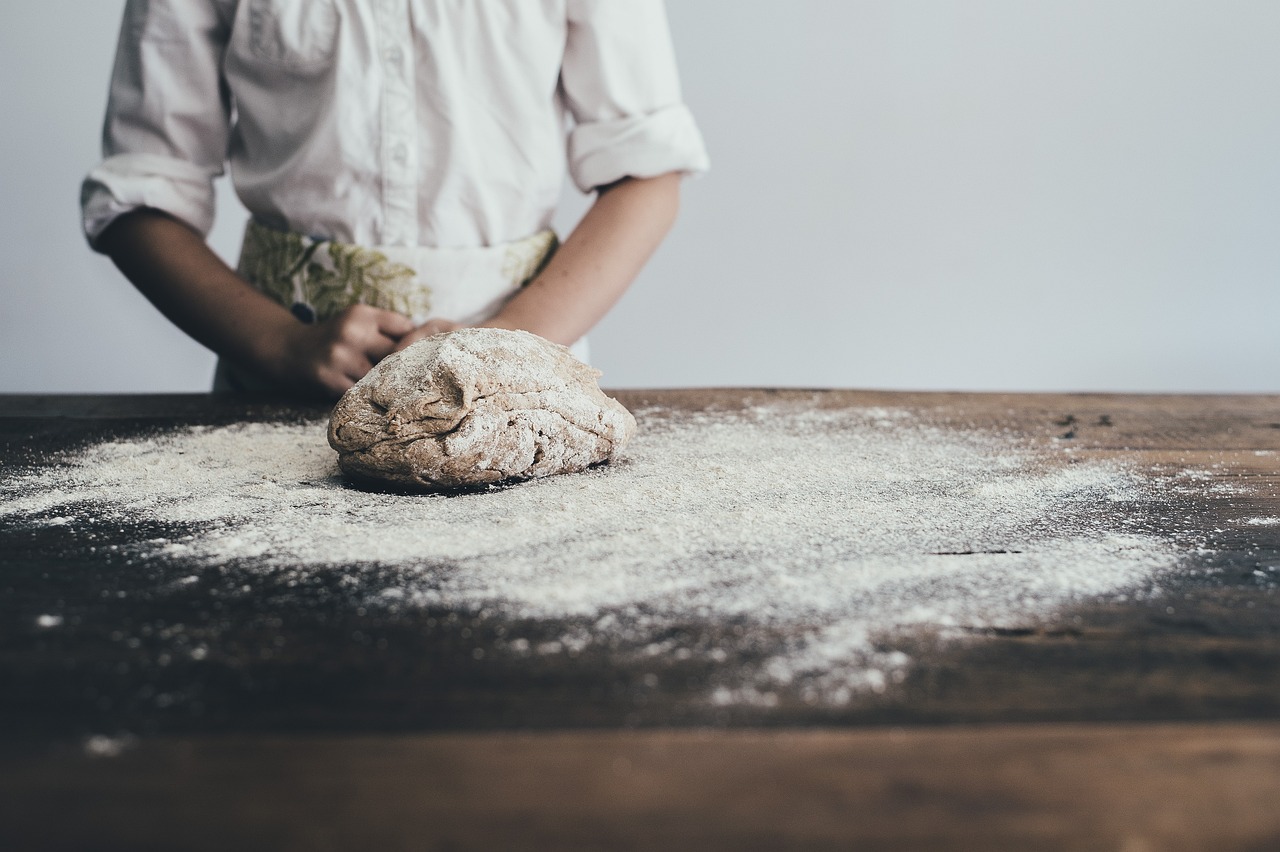The government has reduced VAT on fresh or staple foods during the first half of the year to alleviate the rise in prices caused by the war in Ukraine.
VAT reduction on food
The initiatives adopted by the Executive over the course of 2022 have made Spain the European Union country with the lowest inflation in November, but the war continues to affect the general level of prices, especially for certain fundamental goods such as foodstuffs.
To alleviate this increase, the government has abolished Value Added Tax (VAT) from 1 January 2023 on products that were already at the reduced rate of 4% and has also lowered VAT on oils, including olive oil, and pasta from 10% to 5%. This is intended to alleviate the situation of families, especially those on low incomes, who spend more of their income on these goods.
To which foods does the VAT reduction from 4% to 0% apply?
Plain bread, as well as frozen plain bread dough and frozen plain bread, is intended exclusively for the production of plain bread.
Bread-making flour.
Milk produced by any animal species: natural, certified, pasteurised, concentrated, skimmed, sterilised, UHT, evaporated and powdered.
Cheeses.
Eggs.
Fruit, vegetables, legumes, tubers and cereals have the status of natural products in accordance with the Food Code and the provisions issued for their development.
A poster explaining the VAT rebate on foodstuffsPool Moncloa
To which foodstuffs does the VAT reduction from 10% to 5% apply?
Olive and seed oils.
Pasta.
How long will the VAT reduction be maintained?
These tax reductions will remain in force until 30 June 2023. In the event that the year-on-year rate of core inflation (excluding energy and unprocessed food) for the month of March is below 5.5%, it will end on 1 May 2023.
